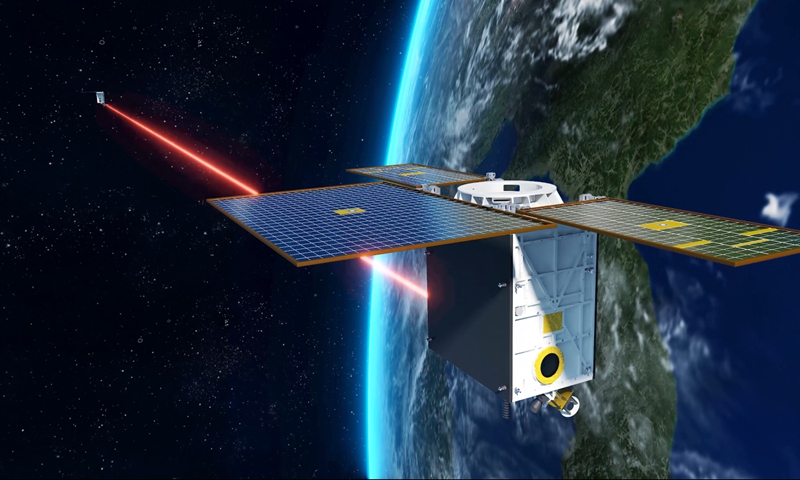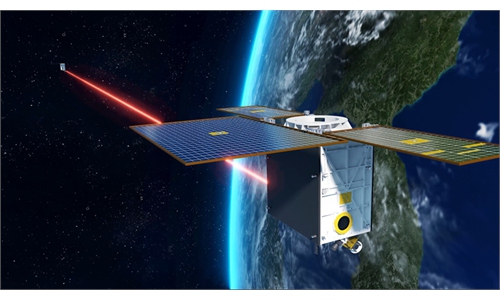China's homegrown space-based IoT network to see 12 more satellites next year: developer

Photo: CASIC
China's first homegrown space-borne Internet of Things (IoT) satellite network Xingyun-2 has completed its first stage constellation, and will launch 12 second-stage satellites next year, further enhancing its global service capability, developers said.
The project developer, along with LEOBIT Technology Co of the Wuhan-based Sanjiang Group, a subsidiary under the state-owned China Aerospace Science and Industry Corporation (CASIC), revealed the information to the Global Times on Sunday.
The project aims to construct an 80-communication satellite in the Low Earth Orbit by around 2023, and the first stage of two satellites has been completed, the developer noted.
The satellites will be used to test applications in multiple fields, such as intelligent container monitoring, polar environmental monitoring, meteorological forecasting as well as marine transport communication, and lay a foundation for the following space-based IoT network.
The two satellites, codenamed Xingyun-2 01 and 02, are the first satellites of the network and were launched on May 12 by the China's Kuaizhou-1A commercial carrier rocket, which was developed by the Wuhan-based Sanjiang Group. In-orbit tests have been underway ever since.
The developers have completed the communication link between the first two satellites in the network, marking a historical first in the country's IoT space network, Global Times learned previously.
Another 12 satellites for the second stage of the network will be launched by 2021, developers said.
The network will be immune to weather conditions and has high reliability, they said.


